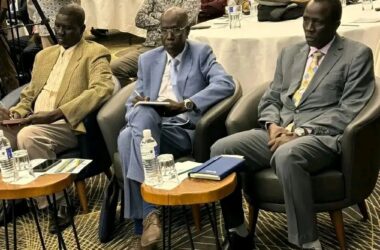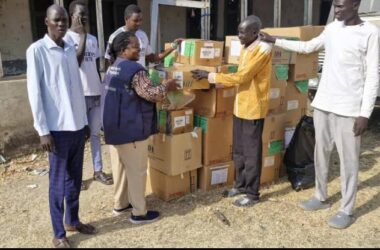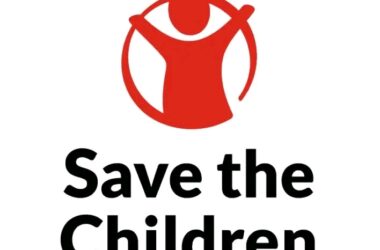By Lodu William Odiya
The Deputy Chairperson of the Soth Sudan HIV/AIDS Commission has called on faith-based groups, traditional leaders, and communities to embrace the use of condoms as part of efforts to reduce new HIV infections in the country.
Speaking during an engagement between media, women constituencies last week, Dr. Achol Ayom called on the faith-based groups, community leaders and the people at large not to discourage the preventive measures.
“I tell the churches and the Islamic, no one wants to use condom” Dr. Ayom emphasized.
She underscored the use of condoms can help reduce the spread of virus especially among people who does not listen to advises on abstinence from sex.
That’s why Bible said, don’t sleep just with somebody you don’t belong to, which is not your wife or your husband” she highlighted.
Ayom also urged the young boys and girls to abstain from sex or use condoms in order to save their lives and further urging parents to allow the use of condoms.
“Girls and boys don’t just sleep around. So please, please allow the condom to be used to save lives” she said.
“Because today a young girl of nine years, if she gets pregnant, what are you going to do? She will have complications in delivery. And not only that delivery, her school”. She underlined.
Many young adults in South Sudan always said they don’t use condoms, which health officials underlined it would put them a risk of sexually transmitted diseases, including HIV.
Experts emphasizes that it is far better to prevent exposure to the virus in the first place, by using condoms.
Early this year, South Sudan’s National Chairperson for the HIV/AIDS Commission called on the government to increase funding for HIV programmes across the country, following the withdrawal of support by the US administration under President Donald Trump.
Dr. Esterina Novelo Nyilok made the appeal during a two-day dialogue with parliamentarians on policy and law reform, as well as domestic resource mobilization for HIV response.
The event, held in Eastern Equatoria State on Thursday, aimed to engage state legislative assembly members in addressing the HIV epidemic.
According to the commission, insufficient progress in HIV prevention in South Sudan is due to four key gaps: weak political leadership, inadequate financing, policy shortcomings, and a lack of large-scale programme implementation.
The dialogue sought to equip parliamentarians with information on the current HIV epidemic to promote evidence-based and rights-focused responses.
Dr. Nyilok highlighted that HIV remains one of the top 10 causes of disease burden in South Sudan, contributing to high mortality and morbidity rates.
Over 180,000 people living with HIV/AIDS in South Sudan and out of that, 100,000 are women and young girls, because of some consequences like rape, 70,000 plus are men, and almost close to 9,000 out of 180,000 are children infected by HIV/AIDS.




